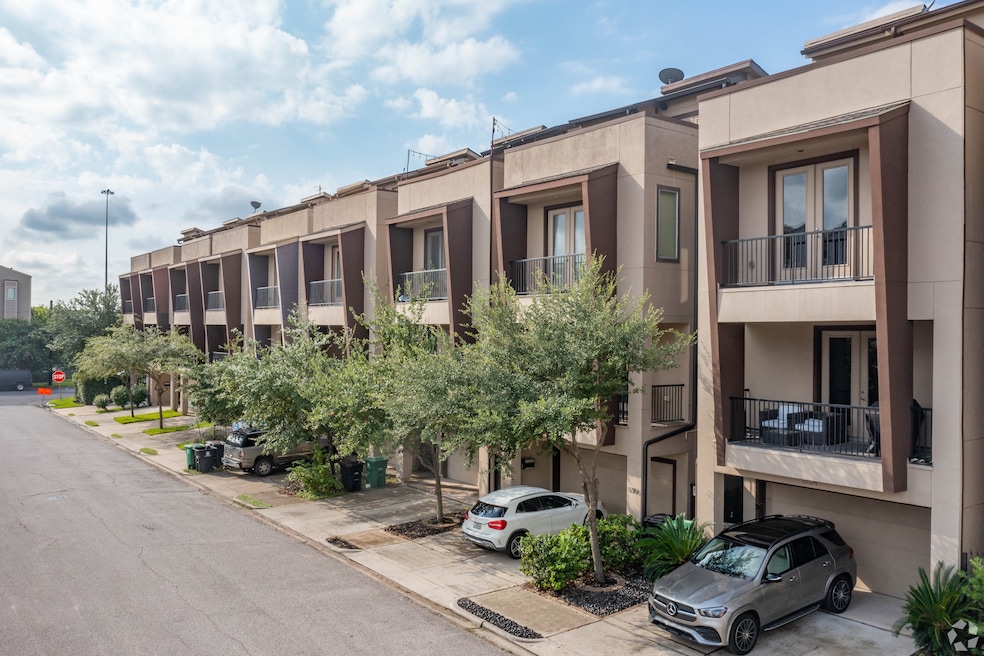While many state legislatures took a closer look at how to address housing shortages this year, Texas lawmakers did more than their share by approving several bills to jump-start new for-sale and apartment construction.
In a report this month, the nonprofit research group Pew Charitable Trusts highlighted seven laws passed during the session that ended in June that it said will reduce barriers to development that drive up costs, increase the housing supply and give consumers more choices. The bills’ passage was possible, Pew said, because a broad coalition of groups across the political spectrum agreed that action was needed and showed legislators evidence of the problem.
“This was probably the single most consequential legislative session any state has ever had for housing,” Alex Horowitz, Pew’s housing policy director, told Homes.com. “And Texas hadn’t done much statewide to improve housing affordability before this.”
House Bill 24 was one of two bills that stood out in importance, he said. The House bill made it harder for property owners to block rezonings to allow new residential development by filing protest petitions. Previously, if 20% of neighbors objected to a builder’s proposal, the local city council would have to approve it by a three-quarters vote. But starting on Sept. 1, it will take 60% of adjoining landowners to trigger a petition, and in most cases, only a simple majority vote will be needed.
“Homebuilders saw this as a major obstacle. Frequently, they weren’t even trying to get rezonings done if they knew property owners would object,” Horowitz said.
The other major bill, Senate Bill 15, allows starter homes on lots as small as 3,000 square feet in the state’s 20 largest cities. The bill also takes effect Sept. 1. The concept was modeled on reforms the city of Houston made, initially near the downtown area in 1998 and citywide in 2013. The change has enabled the construction of some 80,000 additional new housing units in Houston, according to Horowitz, many of them townhouses that wouldn’t have been feasible before. Austin, the state capital, has also loosened lot sizes more recently.
“To actually build homes that working-class and middle-class people can afford, those are going to be smaller and on less land, and they’re often not allowed under the base zoning,” Horowitz said. "Our research finds that these [townhouses] cost about 40% less than single-family detached homes.”
Pew also praised the passage of a bill that requires cities and counties to approve manufactured homes when someone wants to build them on lots where single-family detached houses are otherwise permitted. That legislation will take effect in September 2026.
Home-sharing and other bills
Another bill Pew cited in its report would bar cities of less than 250,000 residents that have large college populations from limiting home-sharing based on whether people are related. This will enable more people of all ages to find low-cost rentals in shared houses rather than more costly apartments, Pew said. The report calls it a “Golden Girls” law, referencing the 1980s TV sitcom of the same name, because it opens up opportunities for older, unrelated individuals to live together.
“This approach also improves affordability by relieving pressure on the nearby housing stock in college towns,” according to the report.
Two other laws will allow more apartments in areas that are currently dominated by commercial uses such as stores, restaurants or offices, and conversions of offices to residential use. Additionally, the legislature allowed apartment or condo buildings with up to six floors to have a single stairwell, a reform that Pew said could reduce construction costs by up to 13% and enable more of these buildings on small urban lots.

